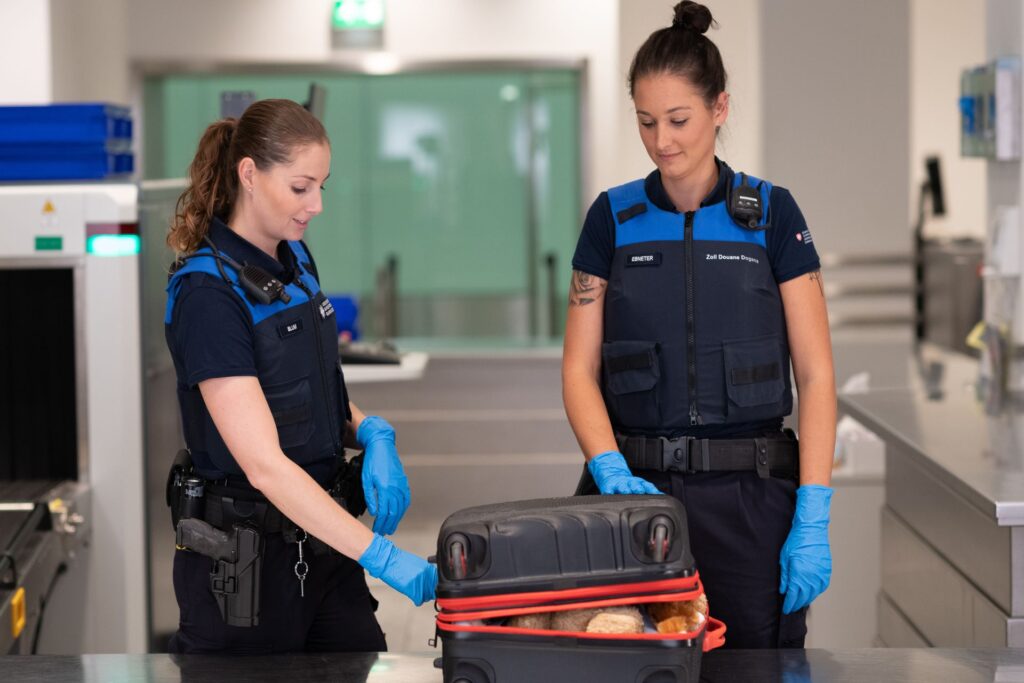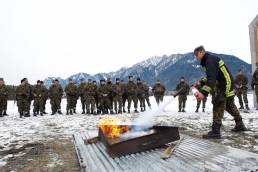Switzerland gives “guarantees, trust, autonomy and neutrality”
These are the findings of the study “Security” published by the Military Academy (ACMIL) and the Center for Security Studies (CSS) at the Swiss Federal Institute of Technology Zurich
The Swiss electorate feels secure and has great confidence in its institutions. In terms of foreign policy they prefer a neutral and politically autonomous Switzerland which cooperates with other states exclusively on economic and humanitarian grounds.
This is shown by the results of this year’s “Security” study published by the Military Academy (ACMIL) at ETH Zurich and the Center for Security Studies (CSS) at the same university.
The study “Sicherheit 2021” carried out by two ETH Zurich institutions (in German)
The average value of trust in Swiss institutions also during the COVID-19 pandemic in January 2021 increased compared to January 2020 and remained at above-average levels. Police, science and courts continue to be held in the highest esteem by the population.
The Federal Council also enjoys a high and above-average level of confidence. Compared to the survey in January 2020, the confidence of the Swiss population in the courts, the Federal Council, the Federal Parliament and political parties has increased.
Transport insurance against war risks, goodbye

Perception of high security and slight threat
The Swiss electorate’s general sense of security remains unchanged at the high level of 95 percent (±0 percentage points) in 2021.
Compared to the survey in January of the previous year and the reduced supplementary survey (SS, carried out in July 2020 in connection with the study “Security 2020” in order to measure possible changes in the opinion of the Swiss population due to the COVID-19 pandemic) optimism about the future with regard to the global political situation has increased by 8 percentage points but is still shared by only one third of the respondents.
However, optimism about the future of Switzerland (83%) decreased in 2021 compared to January of the previous year and remains unchanged compared to the previous year.
Moreover, Swiss citizens perceive only a slight threat overall. They identify relatively more likely threats mainly in a pandemic, cyber attacks, the spread of fake news or an economic crisis.
The economic restart of Switzerland? A journey in three stages

Loyalty to neutrality, moderate openness in foreign policy
Also in 2021 the Swiss electorate remains faithful to the principle of neutrality, which enjoys almost unanimous support (96%, ±0 pp). In terms of foreign policy the willingness to be open has increased moderately.
While economic cooperation with the European Union meets with the approval of the population, the approach to or accession to the EU is also rejected by a clear majority of those questioned in 2021.
The opinion that Switzerland should cooperate more with the UN is shared by more respondents than in 2020.
Judaism and Muslimism enter the Swiss Army
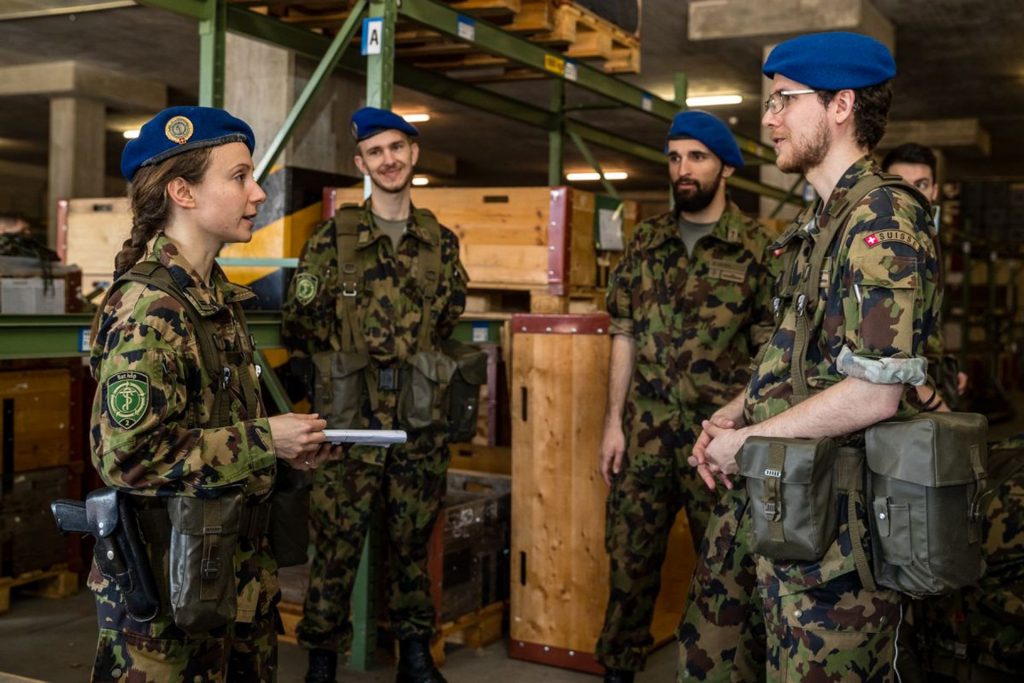
A positive attitude towards the Swiss Armed Forces
The armed forces are considered necessary by 73 percent of those surveyed. The majority of the Swiss electorate continues to prefer the militia army (58 percent, +4 pp) over the professional army (38 percent, 2 pp).
The historical highs recorded in the July 2020 SS following the first deployment of the Swiss Armed Forces in the fight against the coronavirus regarding satisfaction with the performance of the armed forces and the need for the armed forces in 2021 have fallen back to the levels of January 2020.
Switzerland’s bilateral meetings with the USA and Russia
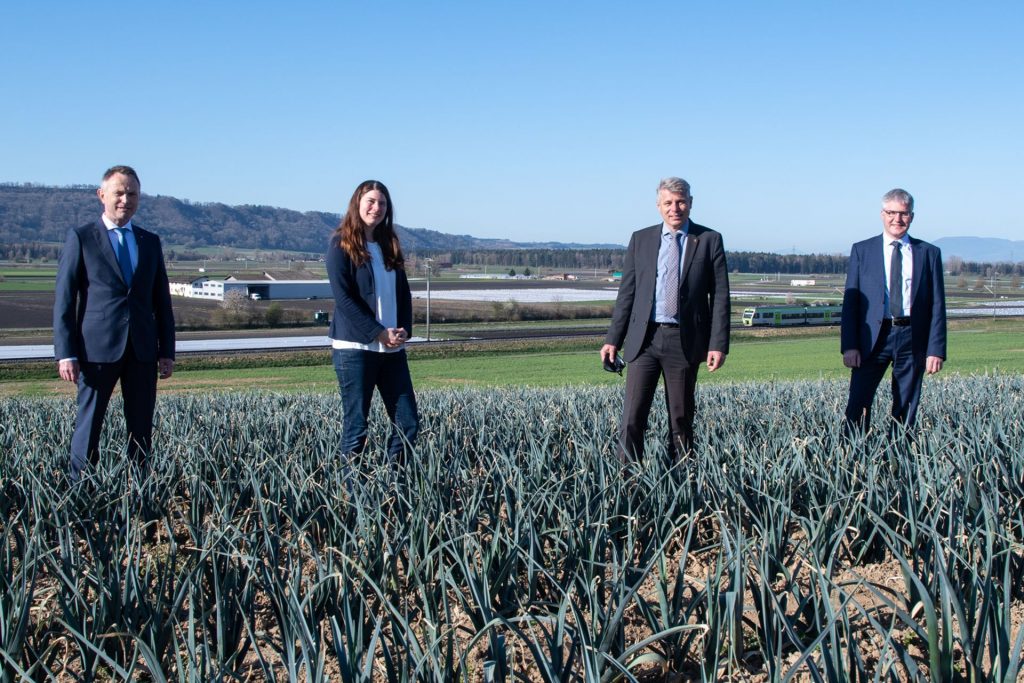
Alternative service models, including civilian and social service
In January 2021, the Swiss electorate is broadly supportive of compulsory service for men and women with a free choice between military, civilian or social service (67 percent, +14 pp compared to the last survey in 2015). Compared to 2015, approval of compulsory service only for men with free choice decreased (52 percent, 8 pp).
“More science in diplomacy, more diplomacy in science”

Life domains affected by the COVID-19 pandemic
Young adults (ages 18-29) feel significantly more affected by the COVID-19 pandemic than older people in the areas of their work life, leisure time, and mental health.
Here’s how Switzerland’s COVID certificate will work
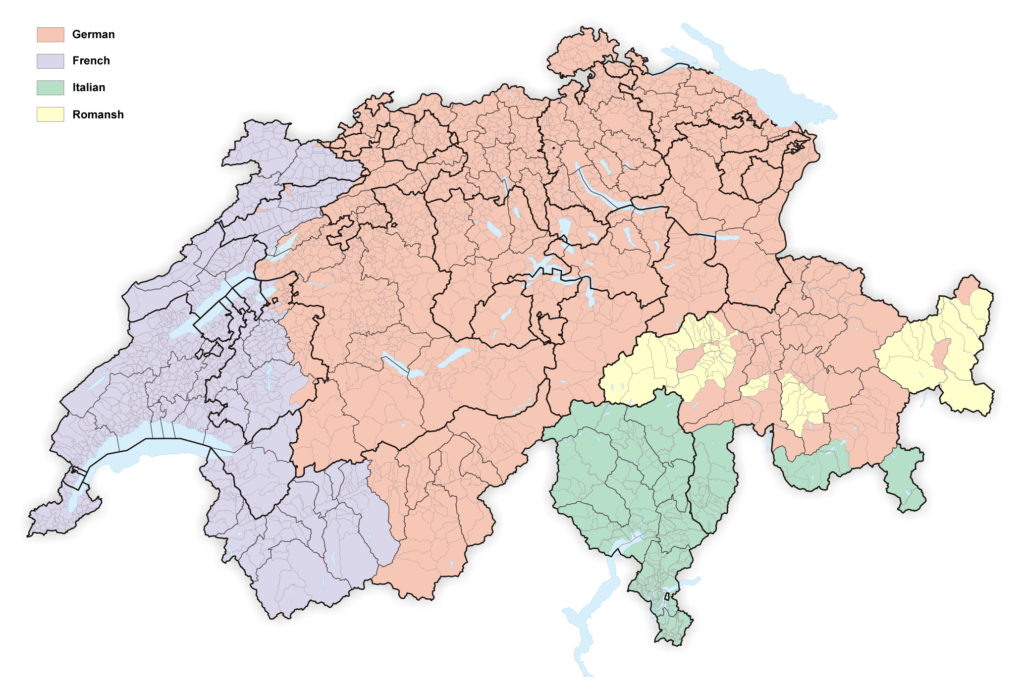
Conduct of the study: 1228 citizens of three different languages
The data of the representative study “Security 2021” were collected between January 5 and 26, 2021 by the opinion polling institute LINK.
For this purpose, the institute interviewed 1228 Swiss citizens in German-speaking Switzerland, French-speaking Switzerland and Ticino by telephone.
The probability of error in the sampling with a confidence level of 95 percent in the worst case is ±2.9 percent.
Comparison between the five German-speaking countries in Lugano
